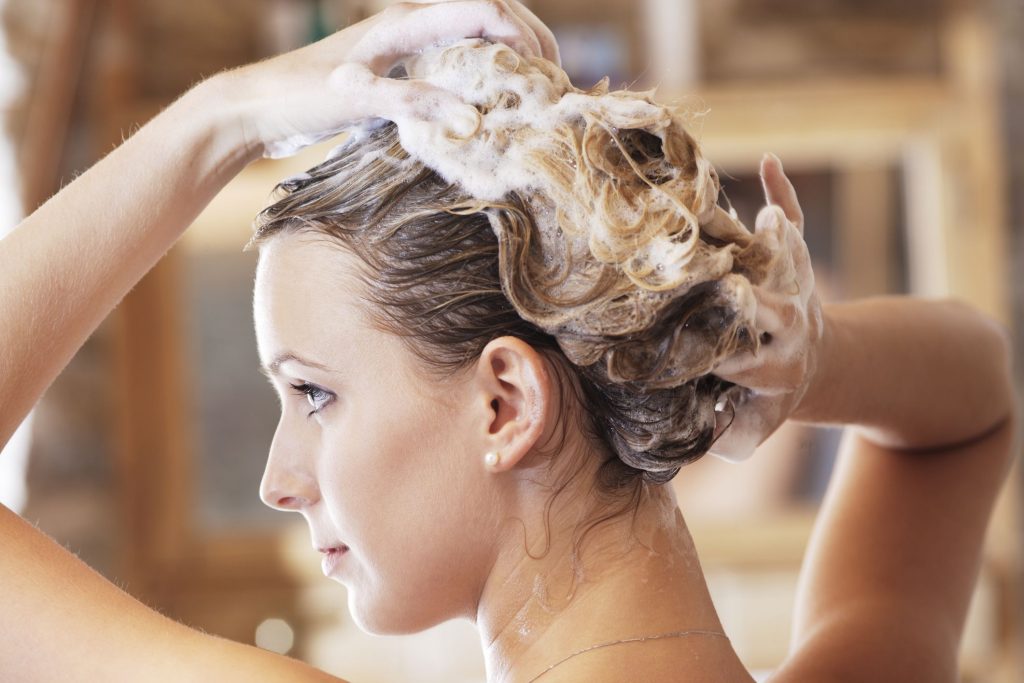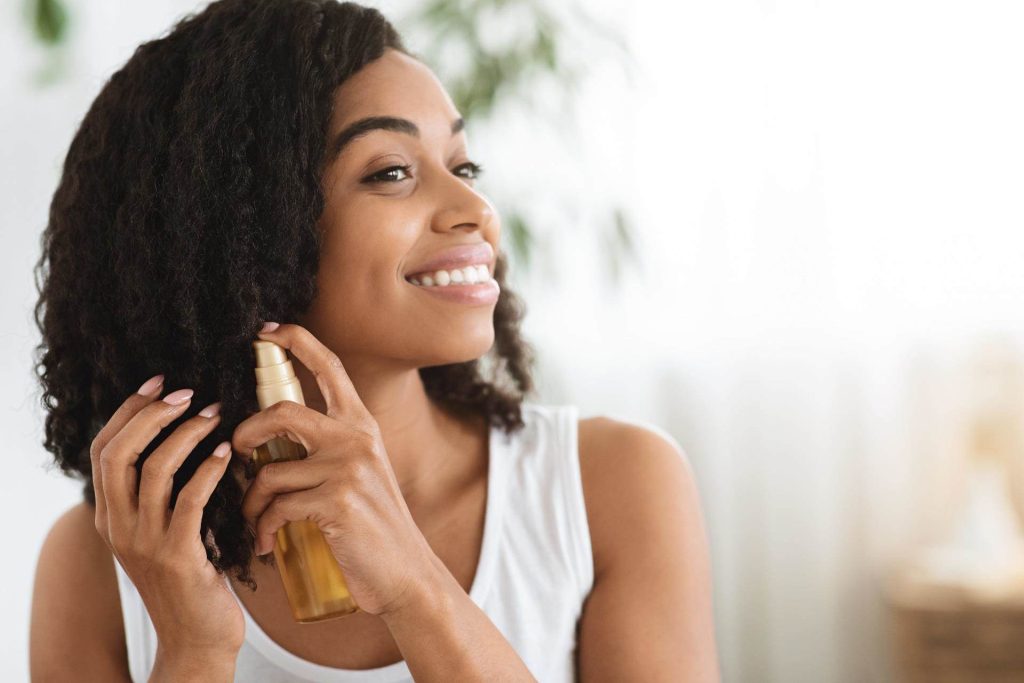Believe it or not, millions of microorganisms live on your hair and scalp and they are not “germs”. In fact, having the right balance of these microorganisms is crucial to having healthy hair and a healthy scalp. Similar to gut health, where having too much of one type of microorganism and not enough of another can cause bloating and digestive problems, having the microbiome of your hair and scalp unbalanced can cause itching, flaking and a number of other issues including increased shedding. Here we will discuss some of the main causes of an out-of-balance hair biome and what you can do to make sure your hair biome is balanced.
POOR HAIR MICROBIOME FROM OVERWASHING
One of the most common ways in which people damage their hair microbiome is through over washing. Over washing not only strips your hair of natural and essential oils but it also kills certain microorganisms while allowing others to flourish which, in turn, ruins the correct, natural balance of hair. To avoid disturbing this natural balance of your hair’s microbiome, you should avoid washing your hair more than once a day and, if possible, limit washings to once every 2 or three days. Additionally, the damage that hair washing does to the microorganisms on your scalp can be the result of the ingredients which are in the shampoo you are washing your hair with. Sulfates are typically the worst culprit so, if you want to maintain a healthy hair biome, you should avoid shampoos (and conditioners) with this ingredient.

THE EFFECT OF DIET ON HAIR MICROBIOME
Like the microbiome of your gut or skin, the health and vitality of the microbiome of your hair is highly influenced by the nutrients you consume (or don’t). Iron, zinc and vitamin D all play a crucial role in maintaining a proper microbiome balance so it is a good idea to consume foods which are rich in these nutrients. Cruciferous vegetables are a great place to start. Also, for the best results for your hair’s microbiome, you will want your diet to include a generous amount of meats, healthy fats (such as Omega 3’s) and not a lot of sugars. This doesn’t mean that vegetarians or vegans can’t have healthy hair microbiomes but, you may need to supplement certain nutrients like iron which can be harder to get an adequate amount of with a vegan diet.
HAIR PRODUCTS WHICH ARE HEALTHY FOR YOUR HAIR’S MICROBIOME
Unlike over-washing and using too much shampoo, there are some products which can actually help facilitate a healthier hair microbiome. This includes exfoliating products like alpha-hydroxy acids and beta-hydroxy acids. These products help remove excess dirt, oil and dead skin cells that impede the flourishing of a healthy microbiome environment on the scalp. You do not want to overdo it with these products as over-exfoliating can create scalp issues of its own. However, if you stick to a moderate regime, it can be a great way to help the health of your scalp and hair. Moisturizing with organic coconut oil, which also happens to be anti-fungal, has also been shown to improve the microbiome of the scalp.

GETTING A HEALTHY AMOUNT OF SUN
In the third paragraph of this article, we mentioned how vitamin D is a great nutrient in regards to improving the microbiome of your hair and sunlight is one of the best sources of vitamin D. Sun exposure for the hair needs to be done in moderation as too much can damage the hair just like it does to the skin. However, getting 15 minutes of unprotected sun exposure every day is great for your health in a variety of ways and that includes scalp health. As a tip, those who are sensitive to the sun may want to avoid exposure between 12:00 pm and 4:00 pm when the sun is at its strongest.
CONCLUSION
Caring for the microbiome in the gut has been a trend among the health-conscious for years. However, people in the beauty industry and beyond are now realizing that these same principles hold true for the hair and scalp as well. The hair and scalp, like the gut, exist in a complex ecosystem of microorganisms which are vital for health and appearance. Taking into consideration what we have discussed in this article will help ensure the microbiome of your hair remains balanced.